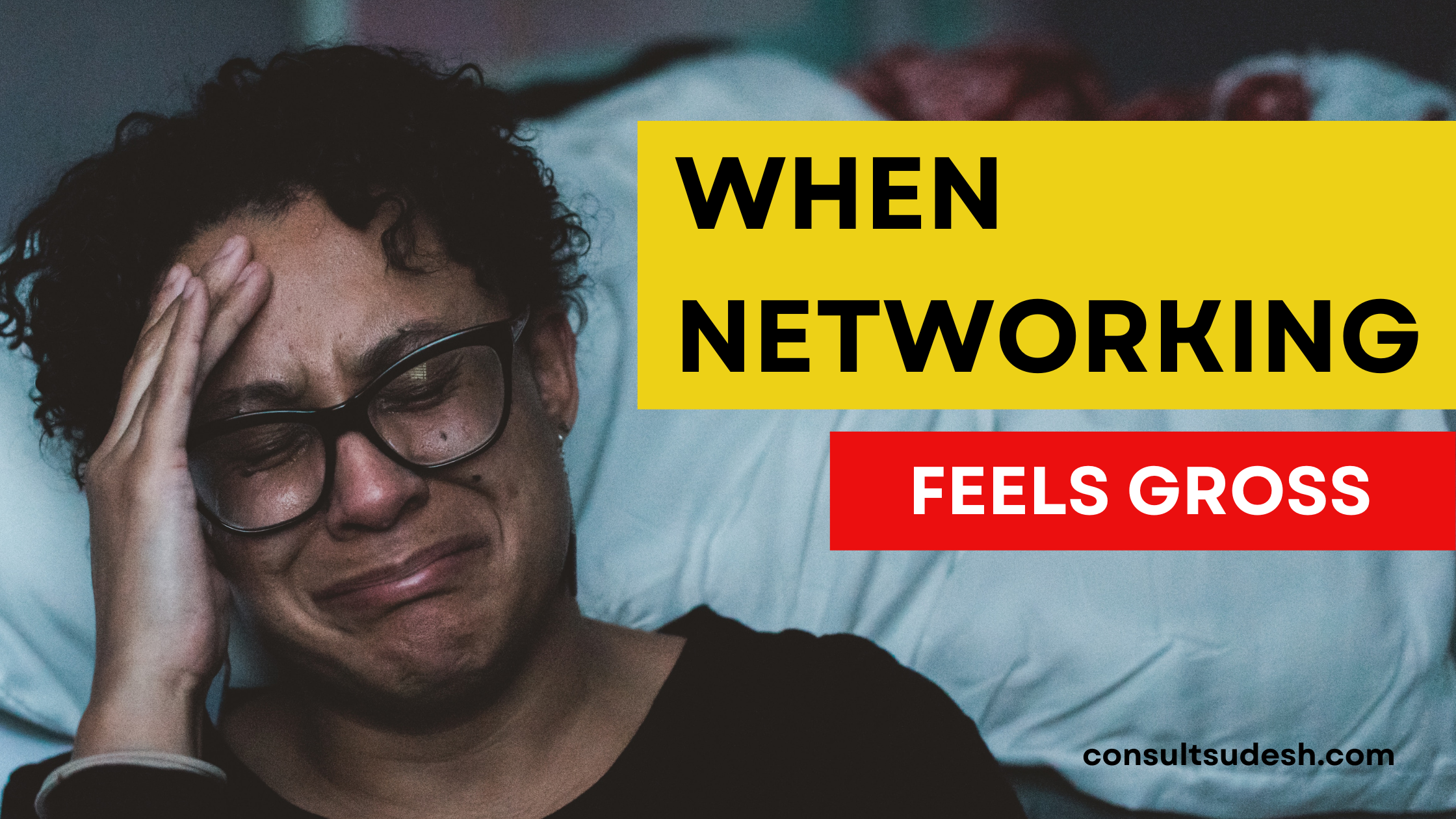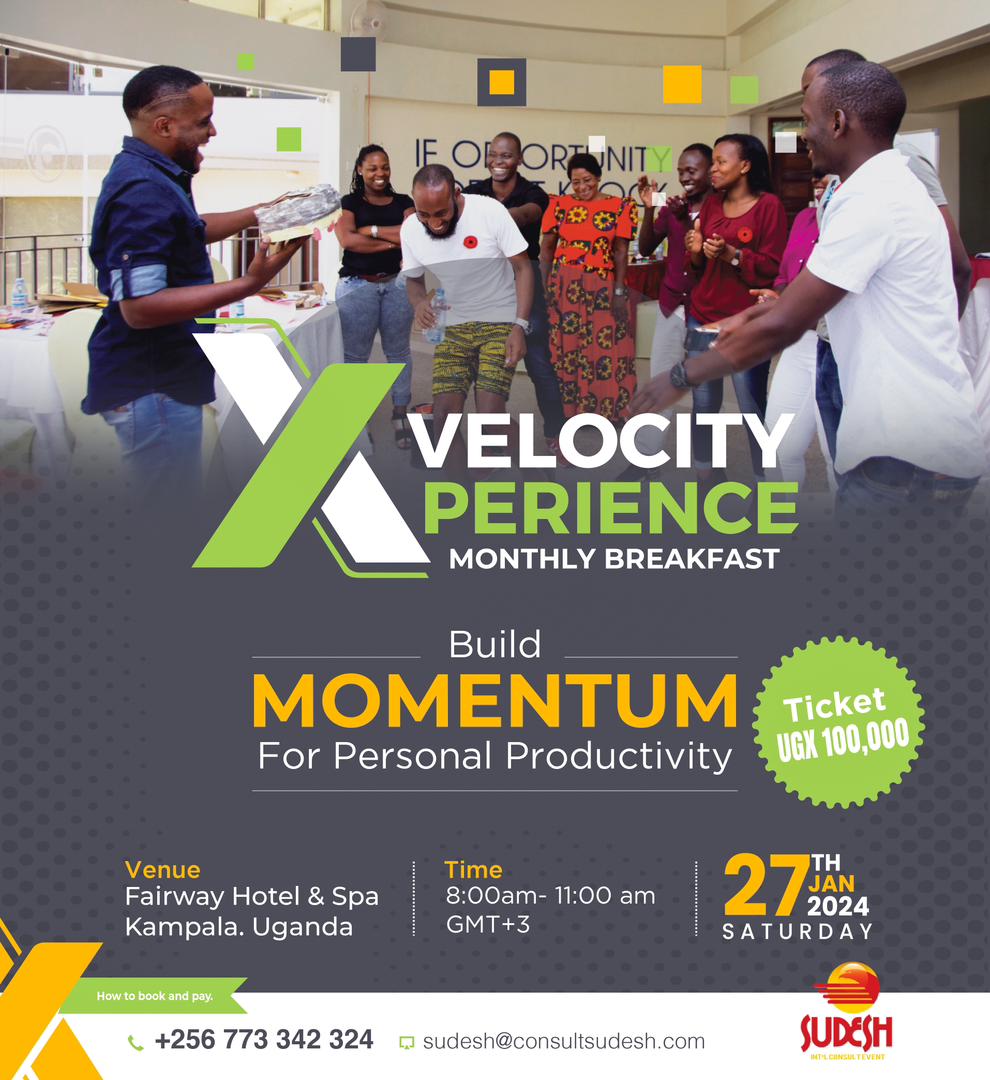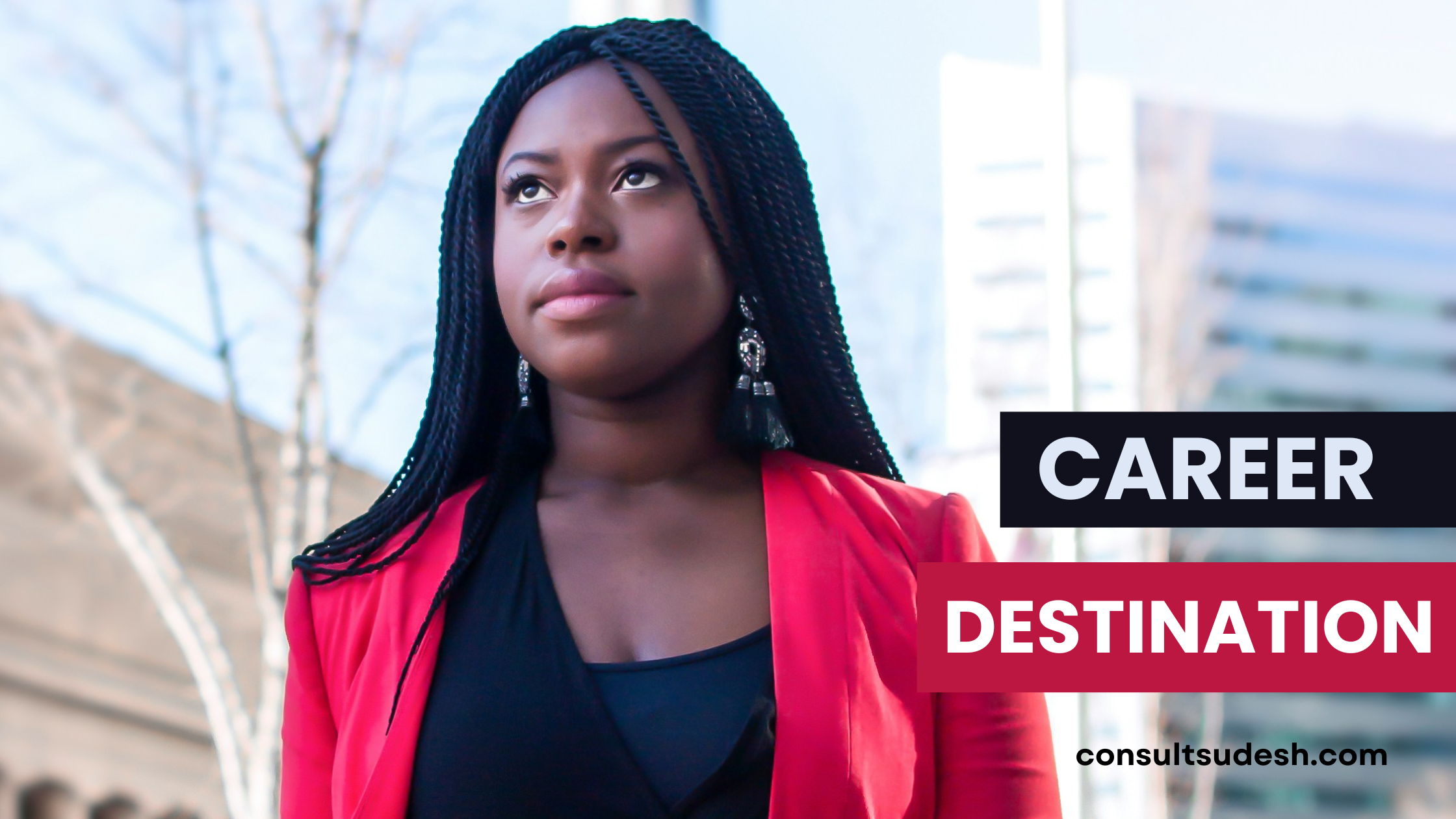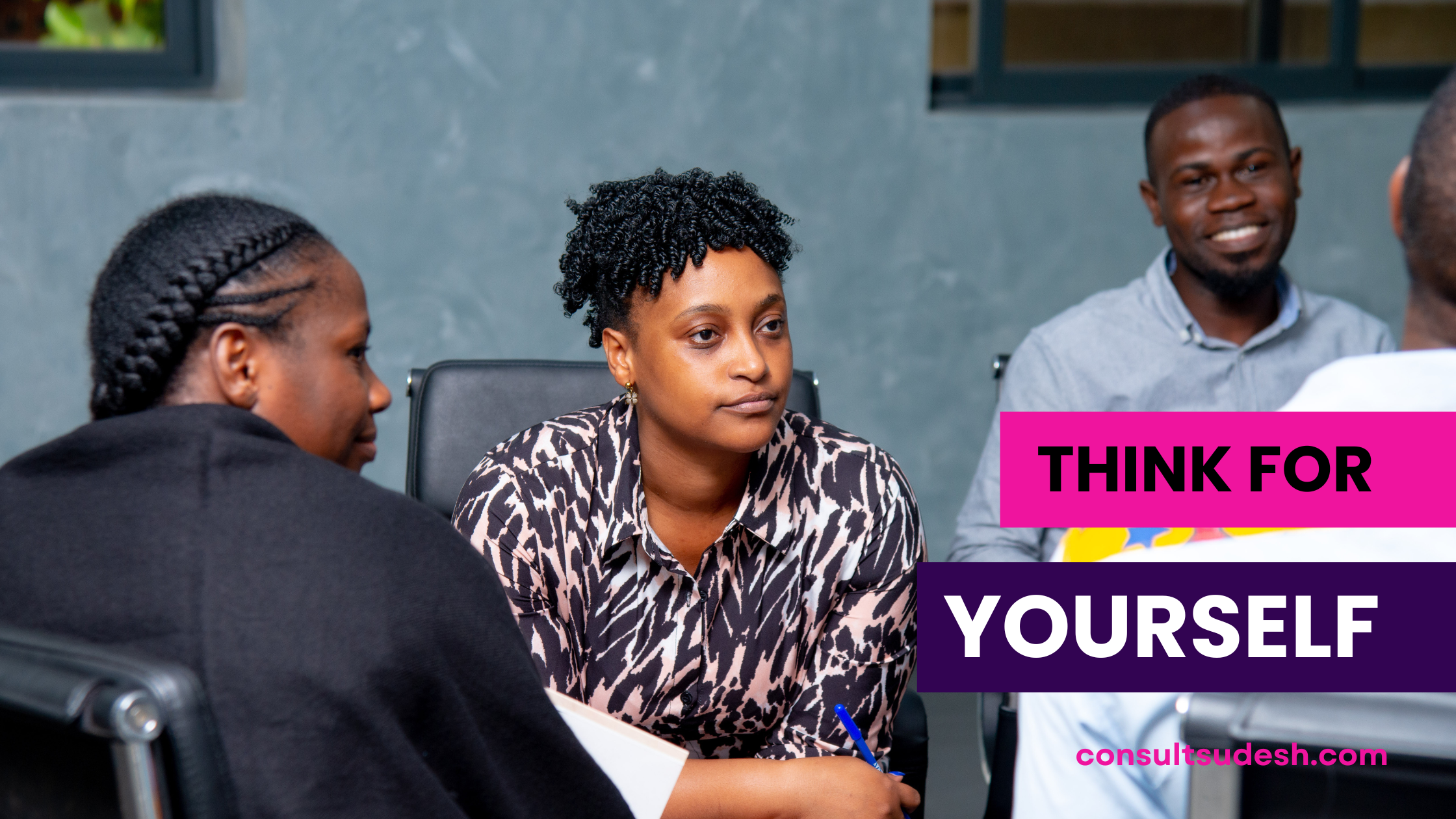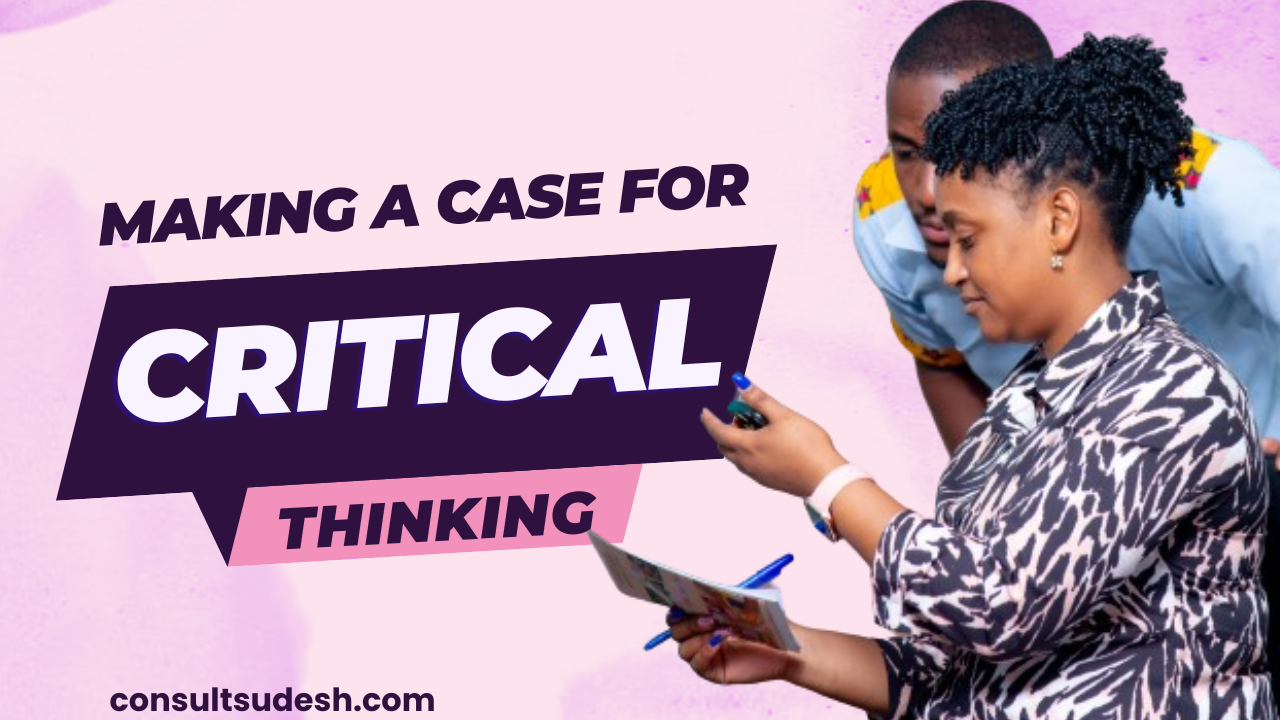When I first heard of networking I didn’t like it much. There was this friend who used to tell me, “If only you could spend the evenings in bars meeting the big shots business would be booming”
How was I to do something I didn’t buy into? So many cliches flew by:
“ It’s not about how much you know but who you know and definitely who knows you”
“Don’t network. Build relationships”
I tried going to a few events and did what most people do. Walk in dressed in a suit and hand out/ pick up as many business cards as possible. After accumulating business cards I was frustrated. Executives didn’t return my calls or emails. I dragged with the concept of networking. I was approaching people as a transactional consumer not as a relational investor. My focus was on what they would do for me and not I would do for them.
Research from University of Toronto in 2014 sought the impact of building social capital on people’s sense of morality. What they found out was, when people build relationships for selfish pursuit it leaves them feeling psychologically dirty and even morally stained.
Building social capital the right way leads to May positive outcomes: job performance, salary levels, employee-ability. If you want to build your career or business then networking the right way is a great strategy.
How do you do relationships that are mutually beneficial and not feel like you’re out to use people for selfish gain? But Sudesh I am not selfish! Most selfish people don’t think they are selfish. When you show up late at work or meetings over and over again you’re denying your employee- employer relationship. When a business person like me spends clients’ money without consideration that’s selfish.
Anyway back to the question: How do you and I build relationships that are mutually beneficial?
- Add value: I learnt this from my mentor who always told me, “When you add value to people you don’t have to kiss their asses. They might not like you much but they will respect you. Business and life is about respect” I started seeking to add value to clients and people around me so much that they would struggle to get that value elsewhere. What has that done in return ? It has helped me have quality relationships both in business and life. As an employee how are you adding value beyond your contractual obligations?
- Think of yourself as a relational investor: Give out of the overflow of who you are and what you have been given. You have been given an education, money, a job or deal. Why not invest by giving an opportunity, a phone number , advice or anything that would help someone achieve their dreams? Years ago I determined that I would never charge anyone who was looking for a job Coaching fees. I coach such people for free as an investment into their careers. Jackie never believed it when I fine tuned her CV and connected her to a prospective employer. When she got a job to take care of her son she sent me money but that wasn’t the goal. We became friends. Recently she connected to a high profile person in this country who gave me thirty times for Executive Coaching that Jackie would have given me. She has also sent me many opportunities. That is generosity beyond reciprocity.
- Watch the numbers: This subject has been sold in such a way that we think you have to know 200-300 people to be considered a great networker. From my experience, effective networks typically range in size from 12 to 18 people. If you have to many people you spread yourself too thin. How can you have 300 relationships where you know each person’s birthday, call them occasionally and add value to all of them? Impossible! instead of the number, concentrate on the quality of people instead. I have also found networking quality includes six critical kinds of connections:
People who provide information, ideas, or expertise; formally and informally
Powerful people, who offer mentoring and political support;
People who give developmental feedback;
People who lend personal support;
People who increase your sense of purpose or worth; and
People who promote work-life balance.
Moreover, the best kind of connections are “energizers”—positive, trustworthy individuals who enjoy other people and always see opportunities, even in challenging situations.
Take an evaluation on who you have in your network today
https://bit.ly/grow-your-impact-through-strategic-networking


